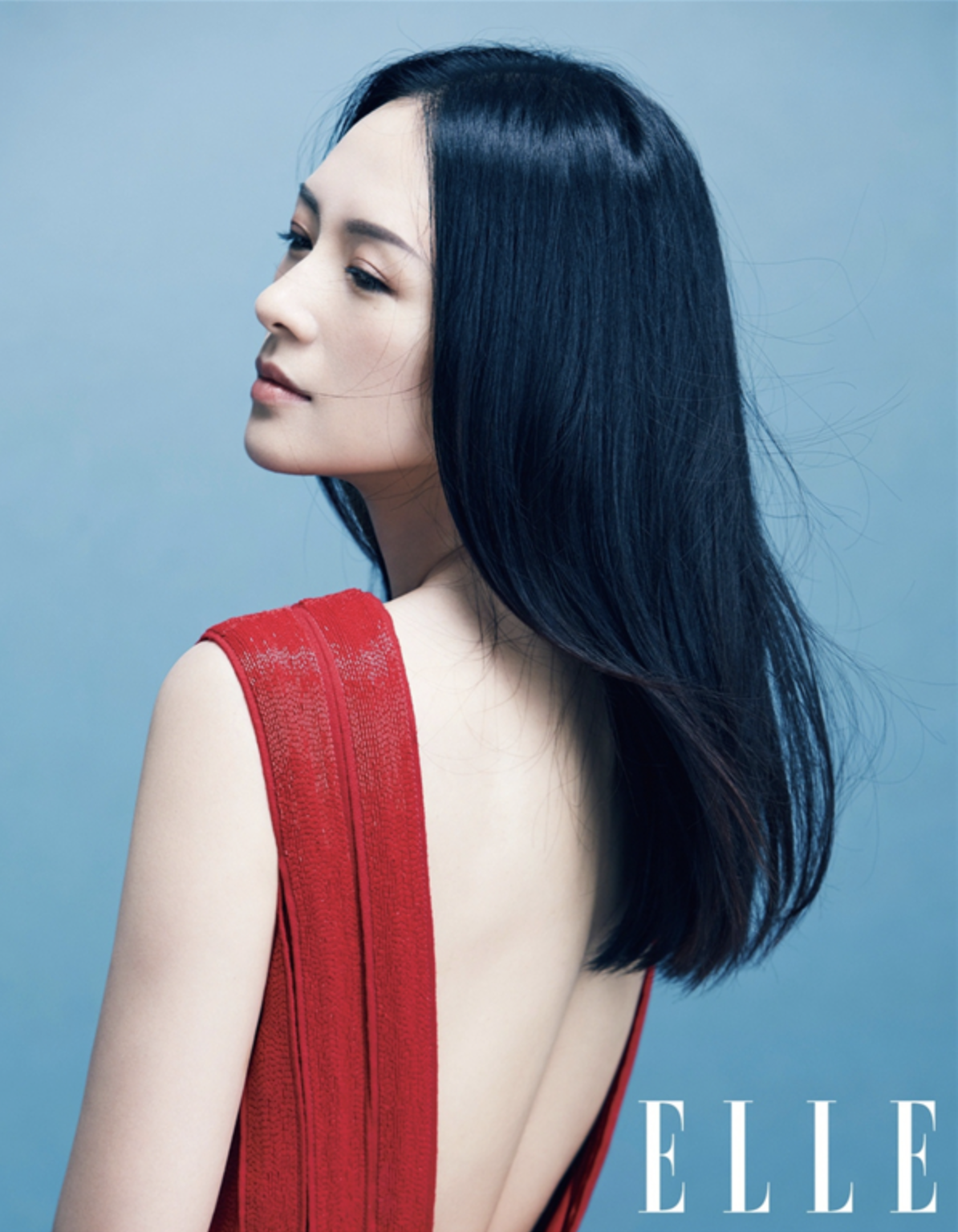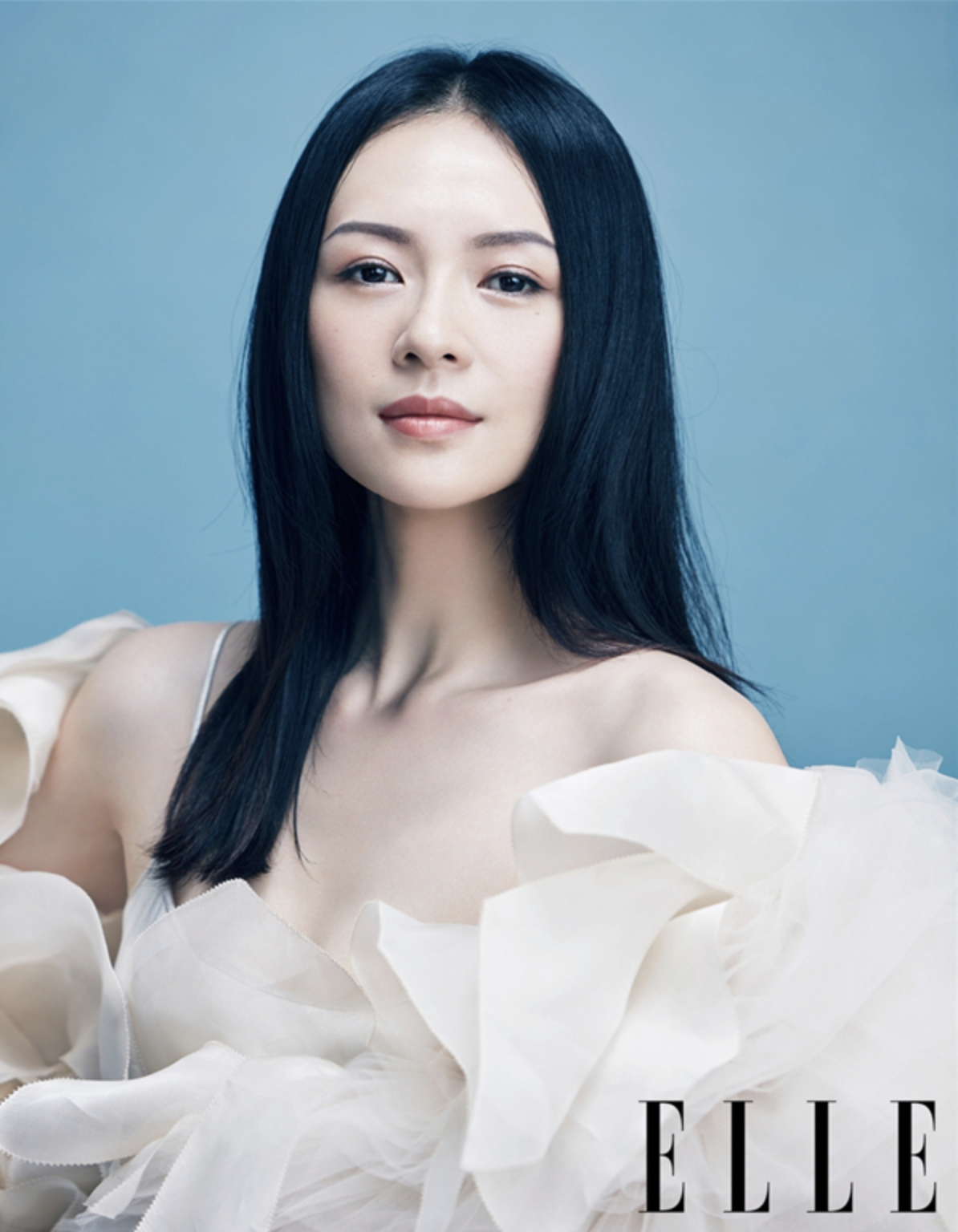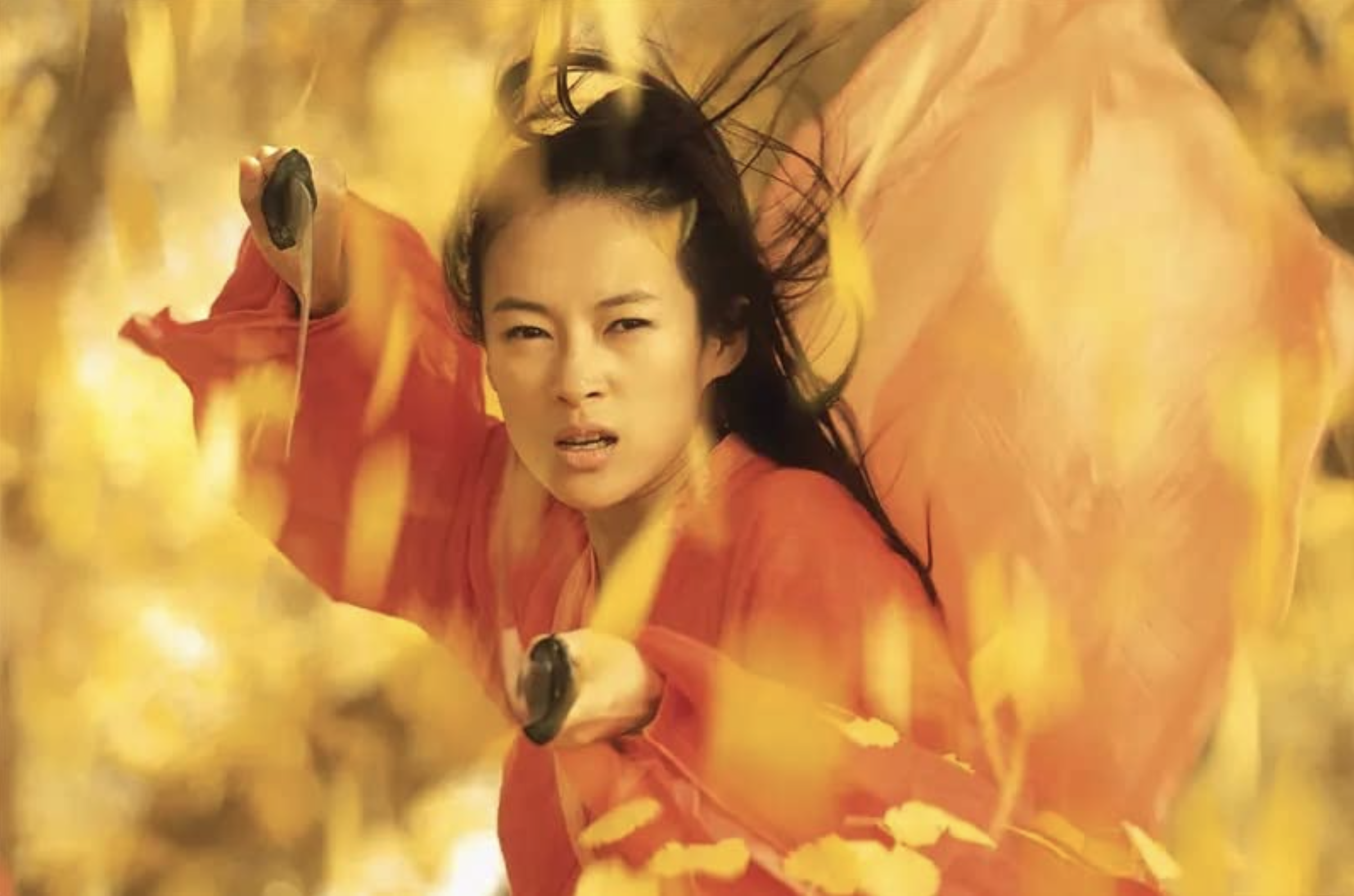Film Diary: Martial Arts and Femininity
A Letter To My Future Child
The most joyful part of summer is watching movies with my parents. It’s how we fill our time together in the warmer months—watching 武功 (martial arts) films, seated on the edge of the couch or on the floor. Though the dialogue is rarely in Mandarin, which I speak, I still love the excitement of being able to understand Cantonese words here and there.
Zhang Ziyi for Elle magazine, 2018
I love the soapy tragedy, which is somehow sadder than anything I’ve seen. I love learning my culture from my parents, the glow on their faces as they teach me.
This summer, my parents and I have watched a few films starring Zhang Ziyi. Known in the West for Crouching Tiger Hidden Dragon (2000), Memoirs of a Geisha (2005), and House of Flying Daggers (2004), she rose to fame in the late ‘90s and 2000’s as one of the beautiful, talented Four Dan Actresses of China.
I don’t claim to know everything about Chinese or Taiwanese films, let alone about any particular actress. I am writing this by texture, feeling my way along the walls of my experience with this media.
Zhang Ziyi for Elle magazine, 2018
All this self reflection makes me long for China, a nation I’ve only visited twice. I’m American. I grew up in the states, and probably, so will you. But I hope someday you will feel this longing, too. I’ll introduce two characters to you. In House of Flying Daggers (2004), Zhang Ziyi’s character is a cocktail of skill, honesty, and deception. She’s cheeky, smart, and like her love interest, frankly quite hot—something Hollywood has difficulty with.
House of Flying Daggers
From the beginning, Xiao Mei drives her own plot, from going undercover in a brothel to convincingly feigning blindness. Not to mention her skill, equal to the male lead’s—to flee an army, she literally soars in the air across a bamboo forest.
In Hero (2002), which came out in my birth year, Zhang Ziyi plays a more minor character named Moon. However, the unreliable storytelling and flawless cinematography give her complexity. In one of the most beautiful fight scenes of the film, her hair is sliced off inch by inch as two women whip through a golden forest of falling leaves.
In some scenes, she is small, shrunken; in others, she stands defiantly in a show of loyalty and defense. And at the end, the camera pays her enough attention for Moon to grieve truly and fully.
I’m tired of an Asian character who can be intelligent, talented, or inhabit the lead role, but never all three. Zhang Ziyi’s characters refined my ambitions for how I want to be perceived, validated by portrayals of both my good and ugly sides. Yes, you can be all three.
Yes, you can speak and be loud and scream and later be silent; you can be ruthlessly cold and also fall in love; you can contain more than just one identifying trait.
The colors, symmetry, and movements seen in the shots and settings of Zhang Ziyi’s films frame this fact. These movies taught me—unintentionally but no less importantly—I deserve to be surrounded by a beautifully multifaceted life.
Around the same time as Zhang Ziyi took on these iconic roles, another franchise was born, one near and dear to my heart. The Kill Bill films have always been my absolute favorites.
But now—and I never thought I’d say this—I’m not so sure. After watching so many Chinese and Taiwanese movies, a habit starting in my youth but that I never really appreciated until recent years, my eyes have been opened to a wider cultural context. I think Tarantino’s tribute was created with a respectful eye despite its cultural copy-paste, but I’m hungry for more, for the original thing. I wonder if someday, when I take my parents’ place as cultural mentor, my taste will have completely altered.
Hero (2002)
Earlier, I wrote that Chinese films make me sadder than others. When I was younger, I never understood why, but now I think I do. It’s a matter of the important, yet somehow too often unbroached, topic of representation. As each new Asian portrayal in Western media slowly unfolds towards a brighter future, larger discourse has allowed me to process my own thoughts.
After consuming media with unrelatable characters for my whole life, being able to see myself in a character is like a baby’s first look in a mirror.
Yes, Tarantino’s Bride is fabulous. I will also never look like her. Thanks to films like Zhang Ziyi’s, I feel more deeply—not just emotions like sadness and anger, but a thrill of inspiration, of pointing at myself and saying “Hey, I know you.”
Somehow a legend—with her ferocity, her success, her talent—has helped me. When you’re old enough to see some blood on screen, I hope these films will help you too.





